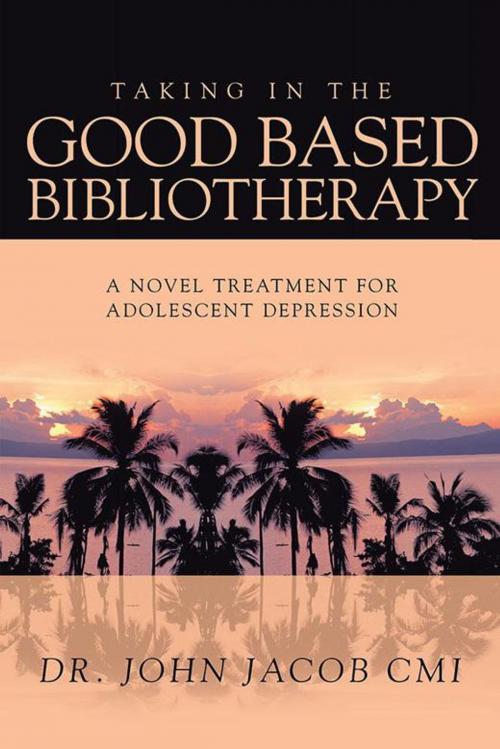Taking in the Good Based Bibliotherapy
A Novel Treatment for Adolescent Depression
Nonfiction, Reference & Language, Education & Teaching, Health & Well Being, Psychology| Author: | John Jacob | ISBN: | 9781482889178 |
| Publisher: | Partridge Publishing India | Publication: | May 19, 2017 |
| Imprint: | Partridge Publishing India | Language: | English |
| Author: | John Jacob |
| ISBN: | 9781482889178 |
| Publisher: | Partridge Publishing India |
| Publication: | May 19, 2017 |
| Imprint: | Partridge Publishing India |
| Language: | English |
Human life is a combination of positive and negative experiences. Although there is an infinite number of positive experiences in life, people are prone to take in negative ones in their daily lives. When people become depressed, there is a swing in their brain states and the patterns that direct attention, thinking, and behavior in specific ways, mainly with regard to losses and threats. Memories of earlier losses and threats are activated. Attention and focusing on positive events become difficult. Focusing on negative events, including the autobiographical memory, becomes easy. Moreover, depressed people markedly seek and take in negative experiences due to their negative life experiences, events, and dysfunctional cognitive appraisals. Psychological intervention is one of the most commonly sought forms of help when the female adolescents experience depression. As the world of the adolescents alters radically, mental health professionals must be equipped with proficient strategy to address the various aspects of depression. Since the theory on taking in the good proposes a new therapy approach with effective positive neuroplasticity strategy as important ingredients, it is to be expected that a combined intervention program based on this theory and principles of bibliotherapy would be dexterous enough to address depression in all its heterogeneous nature.
Human life is a combination of positive and negative experiences. Although there is an infinite number of positive experiences in life, people are prone to take in negative ones in their daily lives. When people become depressed, there is a swing in their brain states and the patterns that direct attention, thinking, and behavior in specific ways, mainly with regard to losses and threats. Memories of earlier losses and threats are activated. Attention and focusing on positive events become difficult. Focusing on negative events, including the autobiographical memory, becomes easy. Moreover, depressed people markedly seek and take in negative experiences due to their negative life experiences, events, and dysfunctional cognitive appraisals. Psychological intervention is one of the most commonly sought forms of help when the female adolescents experience depression. As the world of the adolescents alters radically, mental health professionals must be equipped with proficient strategy to address the various aspects of depression. Since the theory on taking in the good proposes a new therapy approach with effective positive neuroplasticity strategy as important ingredients, it is to be expected that a combined intervention program based on this theory and principles of bibliotherapy would be dexterous enough to address depression in all its heterogeneous nature.















